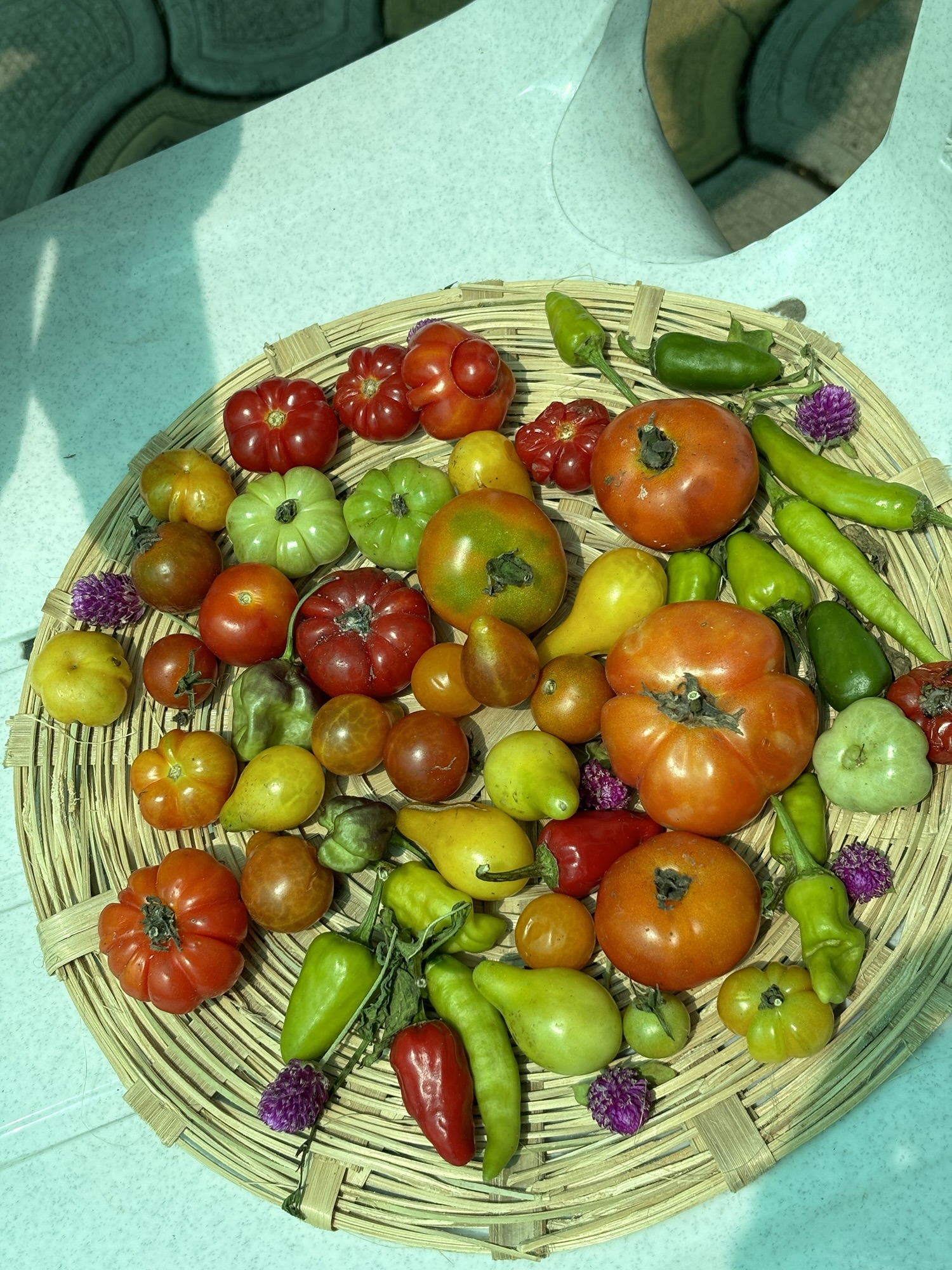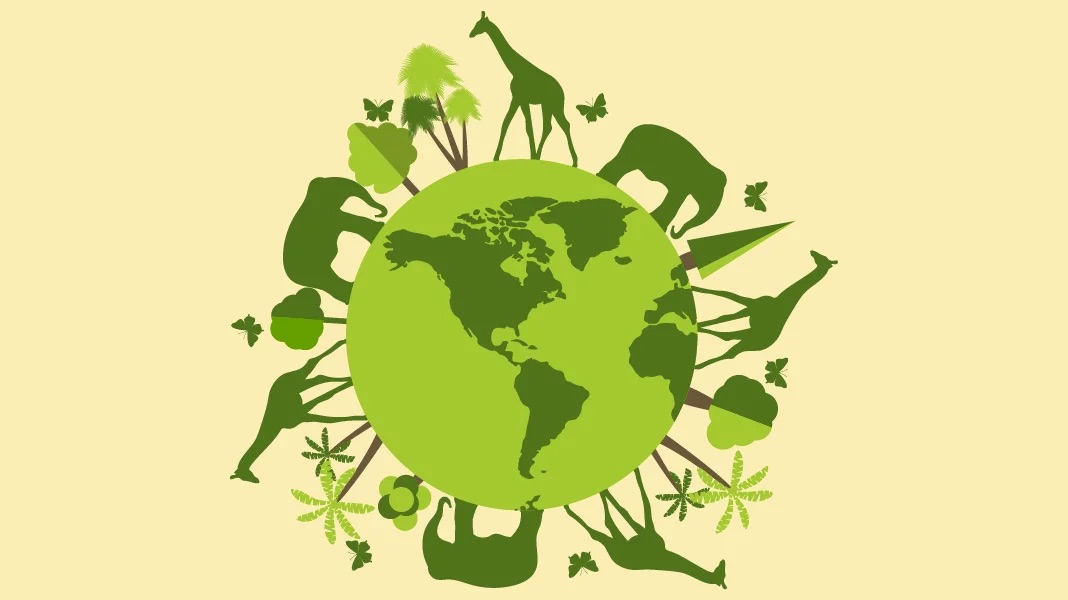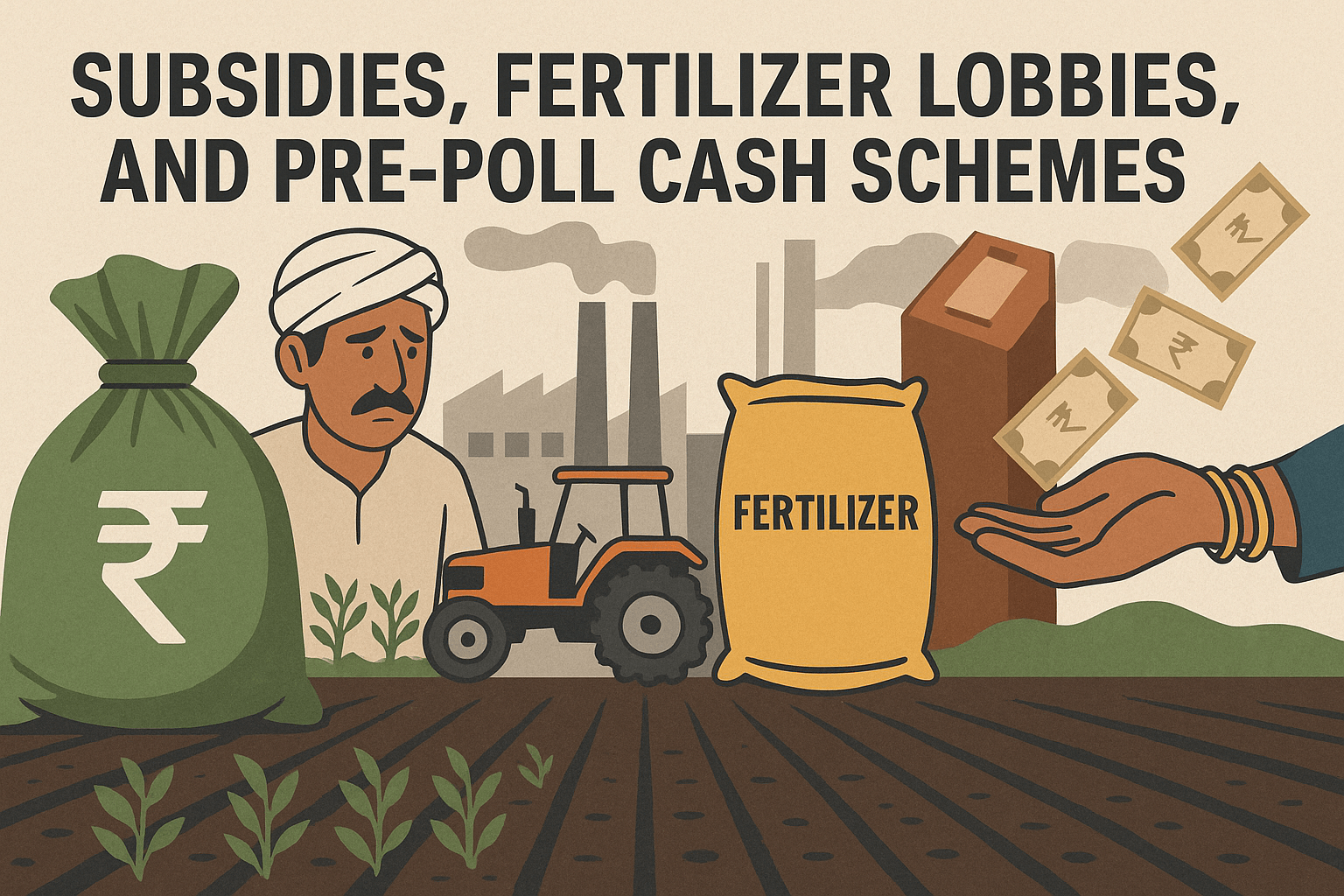India’s rich agricultural heritage, built over centuries by farmers, is facing new challenges. A global agreement, the International Treaty on Plant Genetic Resources for Food and Agriculture (often called the Seed Treaty), is raising concerns about the potential biopiracy of the country’s indigenous seeds. While the treaty aims to conserve and share plant genetic resources for food, its implementation has led to worries about fairness and benefit-sharing.
The Seed Treaty, adopted in 2001 and effective since 2004, involves 154 countries. Its main goals are to conserve plant genetic resources (essentially seeds), use them sustainably, and ensure fair sharing of benefits from their use. The United Nations Food and Agriculture Organization (FAO) oversees this treaty. Under the UN’s Convention on Biodiversity, countries have rights over their own genetic resources. Farmers and local communities also have rights over the seeds they have developed and maintained. This means that countries cannot share these resources internationally without the full agreement of the communities involved.
The treaty created a system called the Multilateral System of Access and Benefit Sharing (MLS). This system is designed to make it easier for researchers and plant breeders to access a wide variety of seeds. Access to diverse seeds is crucial for improving crops, adapting to climate change, ensuring food security, and meeting future needs. Since most countries rely on each other for seed diversity, the treaty was created to maintain this access.
However, the reality of the Seed Treaty has raised questions. When a crop is included in the treaty’s Annex I (which currently lists 64 crops), governments and other holders of these seeds are expected to share them. This is done through a standard contract called the Standard Material Transfer Agreement (SMTA). The SMTA obliges member countries to provide seeds from Annex I crops to anyone who requests them and agrees to the terms, provided the seeds are under their control. This includes researchers, institutions, and even multinational corporations.
The SMTA mentions both monetary and non-monetary benefits. Non-monetary benefits often involve sharing research information through online systems. However, recipients can withhold “confidential information,” and the treaty doesn’t clearly define this term. This loophole can undermine the goal of open sharing and raise doubts about how the treaty truly ensures food security. Monetary benefits, such as payments, are supposed to come from the sale of products developed using the shared seeds. Shockingly, out of millions of seed samples shared over the years, only a tiny fraction has resulted in any monetary benefit flowing back.
There are also weaknesses in tracking the seeds shared under the MLS. This lack of transparency allows seeds, even those developed by farmers over generations, to be shared widely without their knowledge or consent. Once these seeds go to foreign entities, they can be further exchanged, often anonymously. This means both farmers and countries can lose control over their valuable genetic resources and miss out on potential benefits.
India has shared many seed samples, but it’s often unclear if these are traditional farmer varieties. Information about the origin and developers of these seeds is not always available or clearly communicated. The SMTA doesn’t require recipients to acknowledge the contribution of farmers or involve them in research and development. It also doesn’t guarantee that farmers will be informed about research outcomes or that their rights won’t be undermined.
This situation can lead to biopiracy, where companies take farmers’ seeds, develop modified versions, and secure intellectual property rights (like patents) over them. These patents can then be used to restrict farmers’ rights to save, use, and share their own seeds. Furthermore, the treaty and SMTA don’t adequately address the sharing of genetic sequence data derived from these seeds. This data can be used for various commercial purposes, again without fair benefit sharing with the original custodians.
The concentration of power in the hands of a few large corporations in the global seed market is another major concern. These companies use intellectual property laws and technology to control seed production and distribution. This trend can make it difficult for small farmers to access affordable seeds and restrict their traditional practices.
Efforts are underway to improve the Seed Treaty, but some proposed changes are seen as potentially favouring corporations over farmers and national interests. The key issue remains ensuring that the genetic resources developed over centuries by indigenous communities are protected, and that any benefits arising from their use are shared equitably.
It is crucial to raise awareness about these issues. Many believe that protecting India’s indigenous seeds is vital for the country’s food sovereignty and the well-being of its farmers. The article includes a link to sign a letter urging the Indian government to reconsider the proposed changes to the Seed Treaty.





